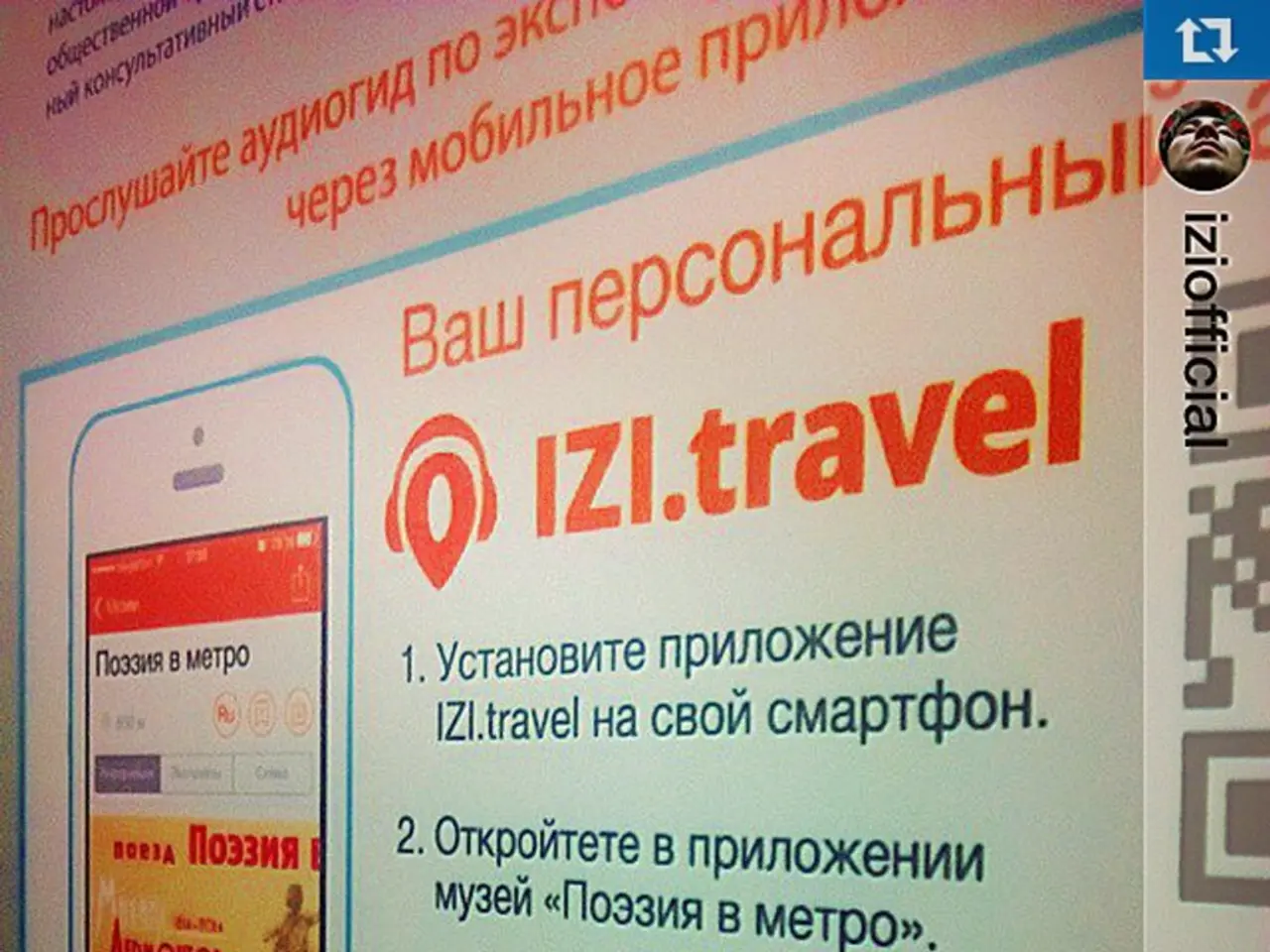Revised Regulations for Lagos E-Hailing Services under Scrutiny by Key Stakeholders
Lagos state, Nigeria's commercial hub, implemented e-hailing regulations in 2020, marking a significant milestone in the country's digital transportation landscape. However, two years later, stakeholders are calling for a comprehensive review of these regulations.
The regulations, which cover licensing of e-hailing companies, driver registration, vehicle standards, and driver qualifications, have been a topic of contention among drivers and their union, the Amalgamated Union of App-based Transporters of Nigeria (AUATON). Comrade Ayoade Ibrahim, the founding Secretary-General of AUATON, confirmed the existence of these regulations and expressed concerns about their practicality.
One of the key areas of focus for such a review includes reducing the commission charged by cab-hailing companies. Stephen Iwindoye, spokesperson for AUATON's Lagos chapter, emphasized that the regulations fail to address critical issues faced by drivers, such as high commissions, low trip fares, and the misclassification of drivers as independent contractors rather than employees.
Moreover, the regulations lacked provisions for driver benefits and imposed certain burdens on them. For instance, vehicles were required to be no older than three years and mandatory annual checkups at drivers' expense. Comrade Ayoade criticized these requirements, citing economic challenges, poor road conditions, low demand, and unfavorable pricing mechanisms imposed by app companies.
The review process presents an opportunity to address the gaps in the current regulations and create a more equitable environment for Lagos's e-hailing ecosystem. Developing a comprehensive security mechanism is another important aspect of the proposed review. Implementing provisions for drivers' health insurance is also being considered in the review.
The call for review underscores the need for regulations that balance the interests of the state, e-hailing companies, and drivers. The evolution of the e-hailing industry necessitates regulatory frameworks that ensure fair treatment and sustainable operations for all stakeholders.
Recent arrests of Uber and Indrive drivers for non-compliance with API regulations are seen as examples of the government prioritizing revenue over driver protection. He also pointed out the government's inconsistent enforcement of regulations, which seems to prioritize revenue generation over driver welfare.
The state is focusing on accessing Uber's database to charge Road Maintenance Fees, further highlighting a revenue-centric approach. However, it is essential to strike a balance between generating revenue and ensuring the welfare of drivers.
It is worth noting that there is no publicly available information on the names of individuals currently involved in revising the 2020 e-mobility regulations in Lagos. Comrade Ayoade, who was involved in the initial process, noted that the lack of a unified drivers' union at the time resulted in missed opportunities for drivers.
In conclusion, the review of the 2020 e-hailing regulations in Lagos presents an opportunity to create a more equitable environment for all stakeholders in the e-hailing ecosystem. By addressing the concerns of drivers and ensuring fair treatment, the regulations can contribute to the sustainable growth and development of the digital transportation industry in Lagos.








